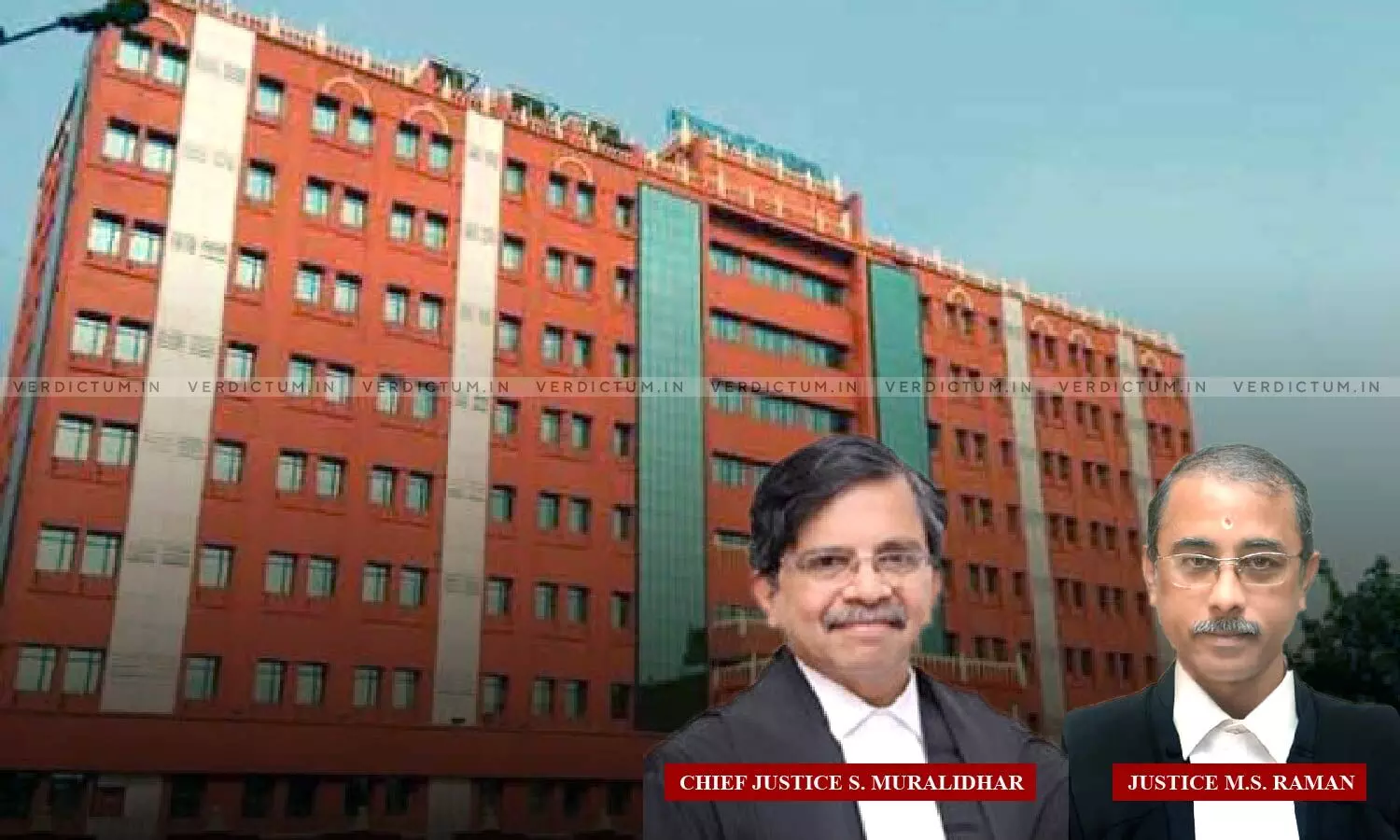
Right To Health Forms Inalienable Component Of Right To Life Under Article 21 Of Constitution- Orissa High Court
 |
|The Orissa High Court has observed that the right to health is an inalienable component of the right to life guaranteed under Article 21 of the Constitution.
The Court directed the Government of Odisha to pay the family members of the deceased a sum of Rs. 10 Lakhs within a period of six weeks, for the avoidable death of their daughter-in-law due to medical negligence and held, "There has been a clear violation of the fundamental right to health of the deceased which constitutes an integral part of the right to life guaranteed in Article 21 of the Constitution of India."
The bench of Chief Justice Dr. S Muralidhar and Justice M.S. Raman while delivering the judgment held that "there has been an acute failure of the entire teams of doctors at each level of the health care system in Odisha to provide timely and adequate care and treatment to the deceased as pointed out by the EC. It shocks the judicial conscience that a poor tribal woman had been carrying a dead foetus for a week prior to her death with not one person in the health care system being able to provide her the needed care and treatment and which neglect resulted in her inevitable death."
In this case, the Writ Petition was filed by the father-in-law of an unfortunate woman, who not only lost her baby due to an intrauterine death but herself died while receiving treatment. The case of the Petitioner was that the death of the baby as well as the woman was due to medical negligence and was avoidable. The pleadings in the petition present disputed questions of fact with the Opposite Parties claiming that there was no medical negligence.
Advocate Omkar Devdas appeared for the Petitioner and Advocate Debakanta Mohanty, Additional Govt. Advocate appeared for the State.
The Court while delivering the decision in this case relied upon the Supreme Court's decision in People's Union for Civil Liberties v. Union of India W.P.(C) No.196 of 2001 which is a continuation of the efforts of the Supreme Court at protecting and enforcing the right to health of the mother and the child and underscoring the interrelatedness of those rights with the right to food.
The Court further relied on Delhi High Court's decision in Laxmi Mandal v. Harinagar Hospital 2010 SCC OnLine Delhi 2234 wherein the issue of maternal deaths and implementation of the various government policies and schemes for the benefit of the poorest of the poor is dealt with and noted that "these petitions focus on two inalienable survival rights that form part of the right to life. One is the right to health, which would include the right to access government (public) health facilities and receive a minimum standard of treatment and care. In particular this would include the enforcement of the reproductive rights of the mother and the right to nutrition and medical care of the newly born child and continuously thereafter till the age of about six years. The other facet is the right to food which is seen as integral to the right to life and right to health."
The Court further issued directions with regard to the Comprehensive Action Plan and Policy and observed that there is an urgent need for proper orientation, training, and sensitization of support workers including the ASHAs, ANMs, and Anganwadi Workers whose role is crucial for the proper delivery of the range of health measures in the various schemes floated by the state and central governments.
The Court also observed that "The increasing numbers of maternal deaths in Odisha point to a systemic failure of the health care system which appears to have failed the poorest and the weakest at a time when they need it the most."
Accordingly, the Court held that the deceased Martha Sabar died due to the combined negligence of doctors on duty and directed the Government of Odisha to pay the family members the sum of Rs.10 lakhs within a period of six weeks for the avoidable death of the deceased.
Cause Title- Sambara Sabar vs State of Odisha & Ors.
Click here to read/download the Judgment